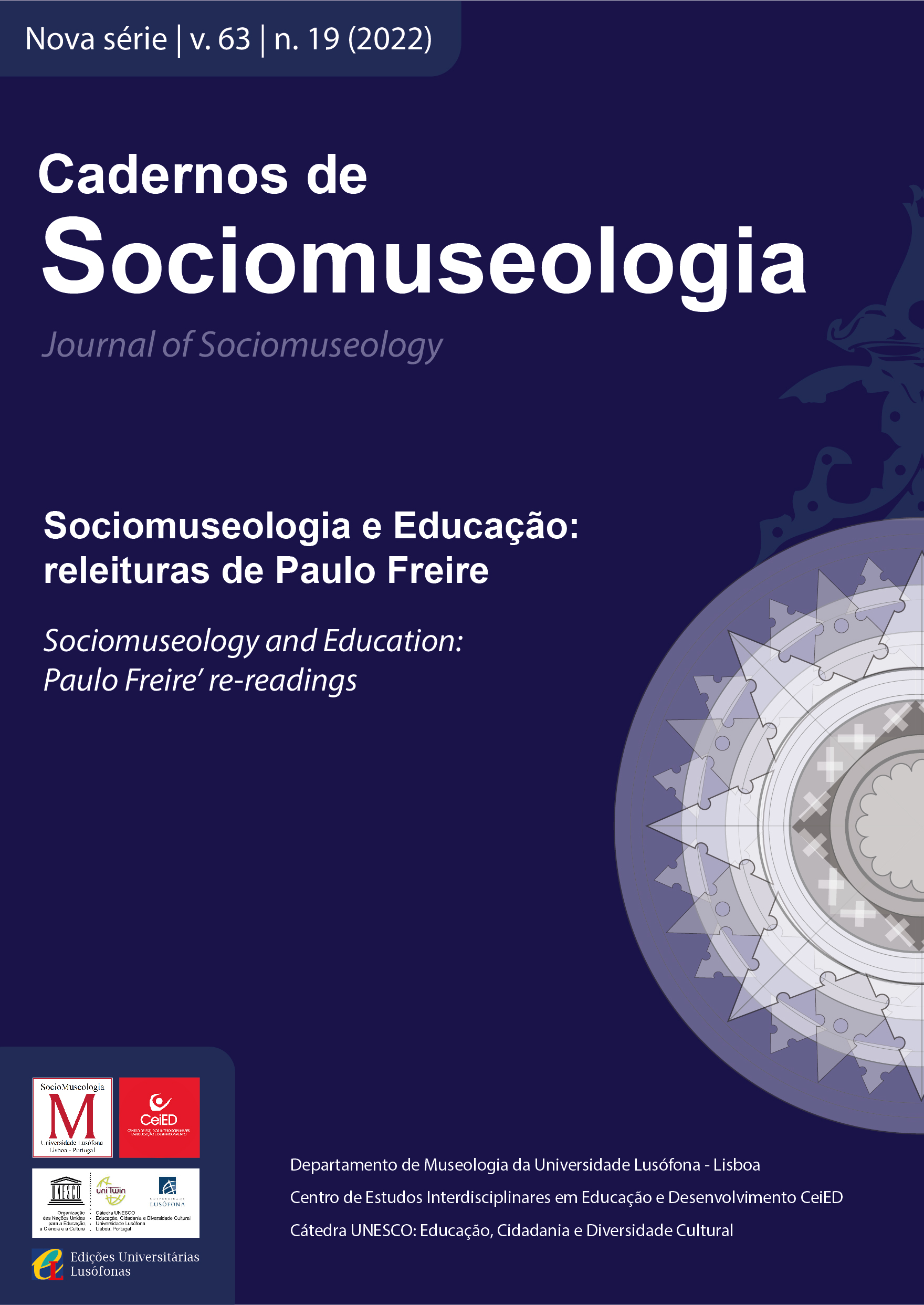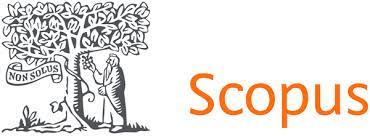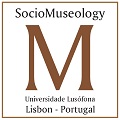Editorial: Sociomuseology and Education: Paulo Freire’ re-readings
Abstract
This issue of Journal of Sociomuseology, entitled “Sociomuseology and Education: re-readings of Paulo Freire” is part of the international celebrations of the centenary of the birth of the educator, philosopher of education, popular educator, university professor and man of the world, Paulo Reglus Neves Freire ( 1921-1997) and, it is proposed to show how Freire's thought and praxis can support a part of Sociomuseological theory and practice.
Paulo Freire with his educational philosophy and his proposal for citizen education is currently one of the three most cited intellectuals in the academic world. His vast and important work is recognized for its commitment to the emancipation of people through critical, liberating and dialogic education. He is responsible for concepts such as "hope", "viable unpublished", "awareness", "dialogicity", "conscious bodies" that to this day inspire students, educators, professionals, intellectuals and activists who, committed to equity and social emancipation, act in favor of horizontal educational processes.
Even amid the Covid-19 pandemic, where education went through a huge global crisis, and its role as an element of socialization was called into question due to the isolation necessary for people's survival, the celebrations and tributes to the centenary of Paulo Freire was never called into question. We have seen that internationally, around its centenary, Congresses, Seminars, Colloquiums, Plenary Sessions, Lectures, Podcasts, Love Marches, Shows, Books, Editions of scientific journals were held, acts that were intended to be political, cultural, educational and pedagogical. For all these reasons, we took part in these celebrations through the organization of Postgraduate Seminars, Congress, Exhibitions and the edition of this issue of the journal Cadernos de Sociomuseologia.
The articles in this edition are the result of interventions in public seminars held throughout 2021 within the scope of the Postgraduate Study Group “Sociomuseology + Paulo Freire”, which is part of the UNESCO-ULHT Chair “Education, Citizenship and Cultural Diversity” and has the scientific tutoring of the FCT Research Project “Education, Citizenship and Cultural Diversity: Theory and Practice of Sociomuseology” CEECIND/04717/2017. The Group has the support of the Department of Museology at Universidade Lusófona and its activities and R&D are associated with CeiED – Center for Interdisciplinary Studies in Education and Development. These are texts that present a reflection based on Sociomuseological and Educational experiences in Brazilian, Portuguese and Cape Verdean territories in a proposal for updating and reimagining Freirean thought applied to the museum in educational context.
The collected texts discuss educational praxis in emancipatory processes in the areas of museology and education. These are articles that seek to reflect on Paulo Freire's contributions to socio-museological and educational actions regarding research and the reciprocity of knowledge between educational and museum institutions and civil society. Articles that were produced during the Covid-19 Pandemic, where education, as a socializing action and shared in a school context, was called into question for the sake of safeguarding life, where the actions of a museology committed to the preservation of life, gained prominence and assumed a leading role.
In this context of social isolation, the dialogic and participatory education proposed by Freire was at risk, but gradually the need to analyze, think and act collectively in favor of a less unequal society became increasingly evident. Education committed to social, cultural and political transformations contributes to changing realities, transforming minds and hearts, thus being able to save and safeguard lives.
Thus, this edition of Journal of Sociomuseology seeks to reflect on Freirean education in an certainly anthropophagic process in which a “dialogical” museology is collectively announced, based on “sensitive listening”, assuming the “Sulear” of our cultural codes, the “hope” of conscious and the “generative bodies” that force us to continue to believe in “viable uniqueness”.
To discuss these themes, this issue of Journal of Sociomuseology was organized into three parts, each one of them organized from a set of texts that reflect the theoretical and applied dimension of Freire's methodology in educational, museological, heritage and associative processes developed in Portugal, Brazil and Cape Verde. Each part seeks to broaden our perceptions around the power of Paulo Freire's legacy with regard to popular education, museology and its educational action and function, as well as social movements and the less institutionalized dimension of educational processes.
The first part is presented under the title “Paulo Freire in viable dialogue(s) with Museology(ies)” which aims to promote the dialogue of Museology with Freirean assumptions. This part composed of articles that travel along the paths of Cultural Accessibility, the construction of unpublished futures, the learning filled with love, the dialogic encounters passing through community museums, the tensions in the relations between education and museology in scientific dissemination and the commitment to the reciprocity of knowledge between community and academia.
Under the heading “Popular Education, Diversity and Memory in the construction of Citizenship”, the second part is presented and aims to propose a rereading of Freire in contemporary times through the work developed by collectives, OGNs, associations, and social movements. In this part we can find some contributions of Freirean pedagogy in the movements in favor of popular, patrimonial, dialogic and democratic education committed to Hope as a verb.
In search of Freirean impacts on reimagined contemporary practices, we have the third part entitled "Wanderings, Paths and Trajectories of Freirean Educators" where it is possible to find three testimonies of professionals involved with education as a tool for profound change in society. Testimonies that show us the Lusophone and anti-colonial dimension of Freire, his commitment to criticality, freedom and the humanization of educational processes. Testimonies that lead us along the paths of Lusophony, presenting themselves in the educational contexts of Portugal, Brazil and Cape Verde.
May this issue of Journal of Sociomuseology inspire readings and critical interventions on the world, capable of nourishing the hope of more dialogical and emancipatory educational processes.
Downloads
Authors retain copyright and grant the journal right of first publication with the work simultaneously licensed under aCreative Commons Attribution License that allows others to share the work with an acknowledgement of the work's authorship and initial publication in this journal.













